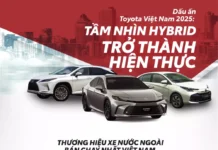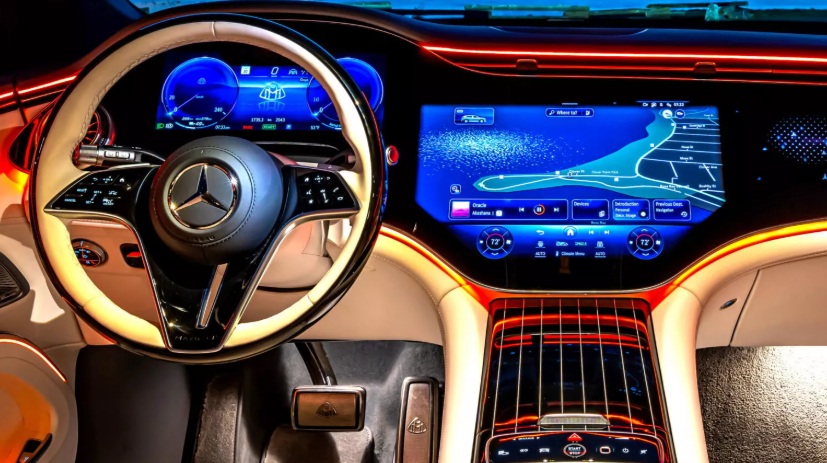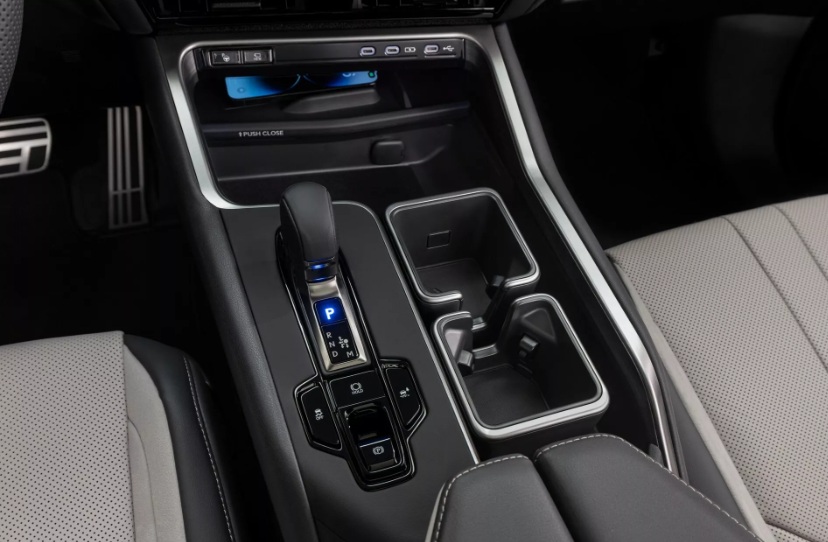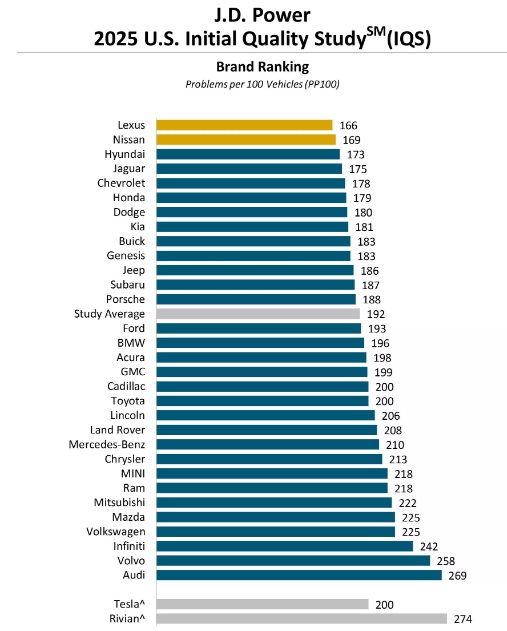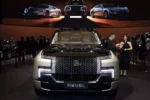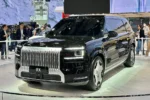Despite continuous complaints from customers, many automakers persist in pursuing the trend of futuristic cockpits: larger screens, digitized interfaces, and the removal of physical buttons.
However, according to the 2025 Initial Quality Study (IQS) from J.D. Power, this strategy may be backfiring.
In the first 90 days of ownership, the infotainment system is the area that generates the most complaints from users, surpassing all other vehicle components. While the number of glitches has slightly decreased compared to last year, touch screens continue to top the list of annoyances.
Frank Hanley, Senior Director of Automotive Analytics at J.D. Power, commented: “While consumers like large screens for their modern appearance, they often have to navigate through multiple menus to adjust simple features like climate control or opening the garage door. This is not only inconvenient but also distracting while driving.”
Hanley recommends that automakers bring back physical buttons for critical functions, reducing frustration and improving the user experience, rather than turning the dashboard into an “electronic puzzle.”
Apart from touch screens, users also complain about an apparently minor detail: cup holders. With an increasing number of drivers carrying thermal flasks, large water bottles, or uniquely shaped coffee mugs, the traditional cup holders fail to meet practical needs. According to J.D. Power, the number of complaints regarding unsuitable cup holders has significantly increased this year.
The 2025 Initial Quality Study (IQS) by J.D. Power is based on responses from 92,694 US customers during the first 90 days of new vehicle ownership. The evaluation index is calculated as the number of problems per 100 vehicles (PP100), so lower scores indicate higher quality. However, it’s important to note that the report does not differentiate the severity of the issues and does not reflect long-term durability.
Specifically, the top five highest-quality brands according to J.D. Power’s survey are: Lexus – 166 problems/100 vehicles; Nissan – 169 problems; Hyundai – 173 problems; Jaguar – 175 problems; and Chevrolet – 178 problems.
On the other end of the spectrum, the brands with the most problems are: Rivian – 274 problems/100 vehicles; Audi – 269 problems; Volvo – 254 problems; Tesla – 200 problems; and Ram – 218 problems.
When considering engine types, traditional gasoline engines have the fewest problems (184 points), while Hybrid vehicles score 196 points, Battery Electric Vehicles (BEV) score 212 points, and Plug-in Hybrid (PHEV) scores 237 points.
The report also indicates that all-new models experience significantly more problems than carryover models. Specifically, new models averaged 203 problems per 100 vehicles, compared to 190 problems for older models. This suggests that while newer designs may be more modern, they often introduce technical issues that haven’t been fully vetted.
At the vehicle level, General Motors (GM) continues to excel, with multiple models achieving the highest scores in their respective segments, including the Buick Encore GX, Cadillac XT5, Chevrolet Blazer, Tahoe, and Silverado. Ford ranks second with four top-ranked models, while Honda has three models performing well.
TH (Tuoitrethudo)






